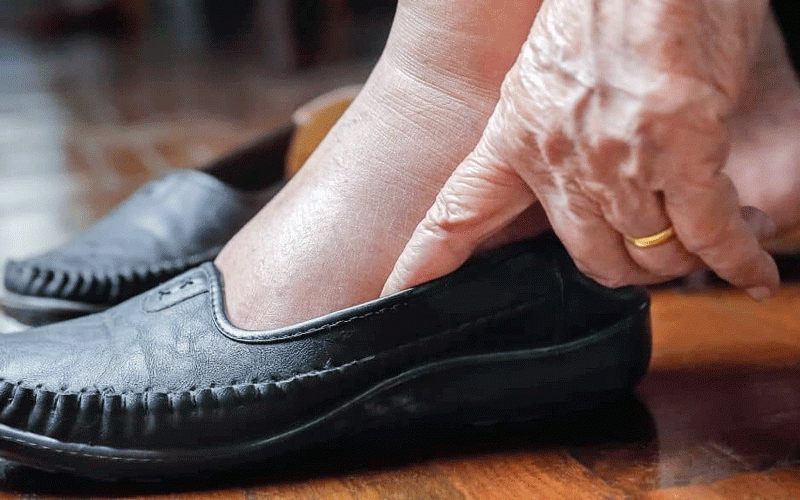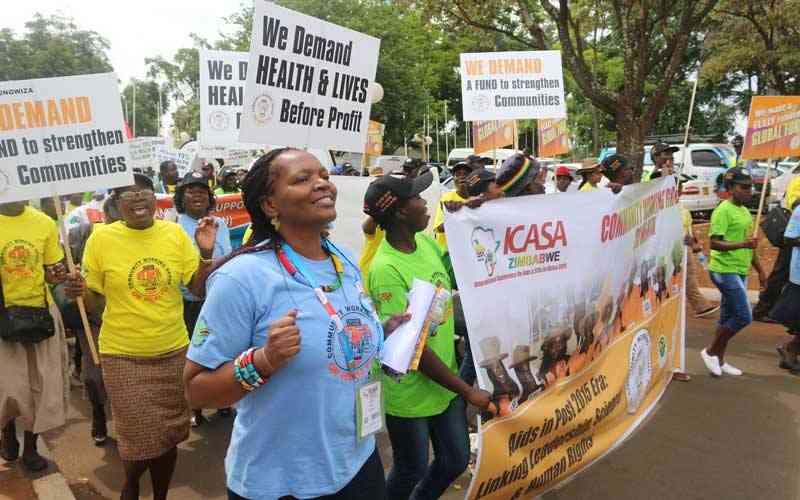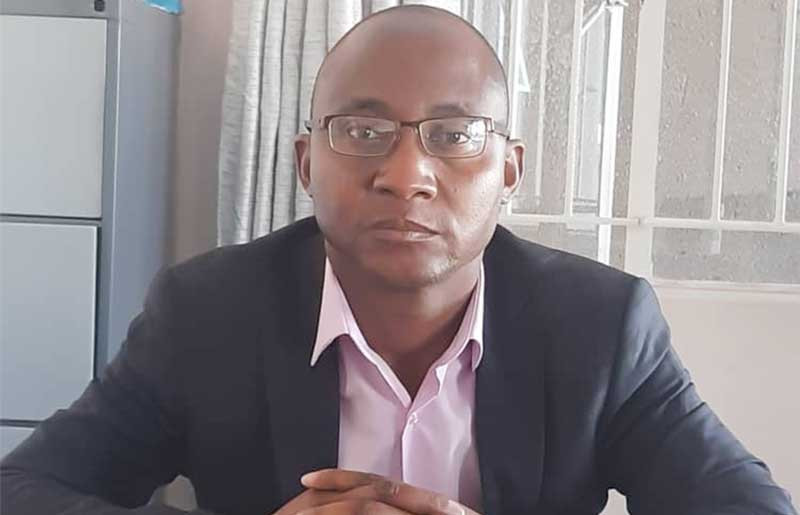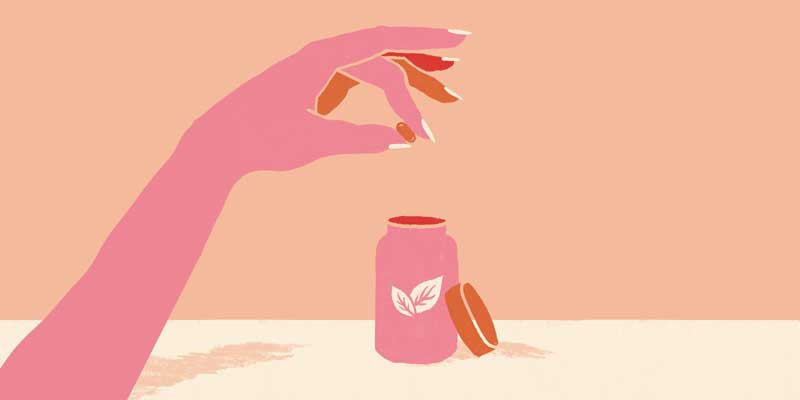
Residents in Dzivarasekwa said they were now living in fear of the month-long outbreak which has seen more than 200 people being admitted at Beatrice Infectious Diseases Hospital.
Hundreds of other people are receiving care at a clinic in Dzivarasekwa high-density suburb where the outbreak was more intense. When The Standard news crew visited a clinic in the suburb yesterday, many people were being attended to at a tent just by the clinic’s entrance. However, health officials at the clinic refused to entertain any questions.
But residents said the situation remained bad. “I came here in the morning after my two-year-old son started complaining of stomach ache and diarrhoea,” said one resident.
“I always make sure to cook food well so it can only be the water because even if we try to purify it with tablets or through boiling, it remains dirty, with white and green substances floating in it.
“We spend the whole day with dry tapes and only get water between midnight and 5am.” Most of the people at the clinic were seeking treatment for their children, most of them below 10 years old.
One child, who was crying saying he was thirsty, refused to drink the water his mother offered him saying he wanted borehole water. His mother’s attempts to convince him that the bottled water she was offering him was safe yielded nothing.
Most residents in Dzivarasekwa had resorted to fetching water from unprotected wells following prolonged periods without water. Following the typhoid outbreak, some companies and non-governmental organisations teamed up with the Harare City Council to sink boreholes and offer other assistance to the Dzivarasekwa community.
- Chamisa under fire over US$120K donation
- Mavhunga puts DeMbare into Chibuku quarterfinals
- Pension funds bet on Cabora Bassa oilfields
- Councils defy govt fire tender directive
Keep Reading
Econet Wireless through the National Healthcare Trust Zimbabwe (NHTZ) on Friday donated medicines and equipment to the local authorities. These included wheelchairs, gumboots, paracetamol tablets, a fridge and detergents.
Speaking at the handover ceremony, NHTZ representative Theresa Nyemba said her organisation was also funding the drilling of boreholes in Dzivarasekwa in order to make water more readily available and avoid any outbreak of water borne diseases.
“Yesterday we started drilling two boreholes in Dzivarasekwa, hopefully by next week construction will be finished and the boreholes will be fully operational,” Nyemba continued.











